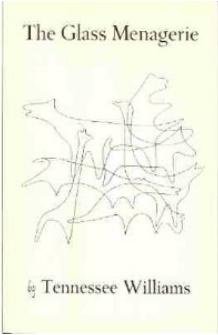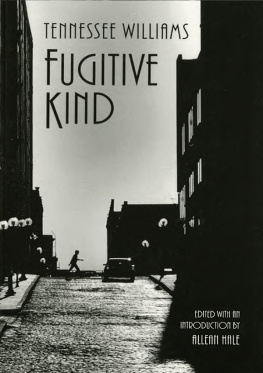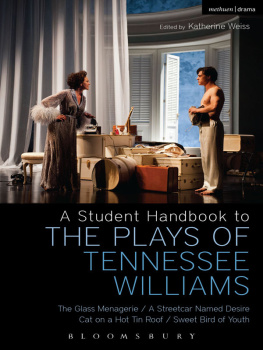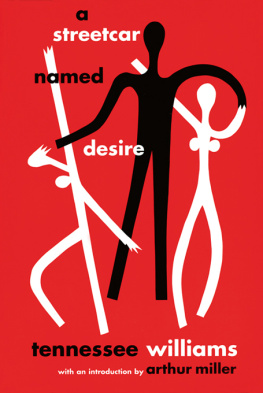All rights reserved. No part of this book may be reproduced by any means whatsoever without written permission from the publisher, except brief portions quoted for purpose of review.
Dont you just love those long rainy afternoons in New Orleans when an hour isnt just an hourbut a little piece of eternity dropped into your handsand who knows what to do with it?
Acknowledgments
A t an early age, before I started working or showed any inclination, my grandfather, Julien Hardouin, an immigrant from Lyon, France, predicted that when I grew up I would become a chef. Although he did not live to see it, I am glad his insight came to fruition. I would also like to acknowledge the love of food and cooking that I have which was passed on to me by my mother, who was a great cook and the best improviser and utilization expert I ever knew.
I want to thank all the chefs who realized my potential and helped nurture my passion, above all Ciro Cuomo and Patty Queen. All of the cooks I have worked with over the years have guided me to achieve the high standards that have been the hallmark of my cooking at the Bistro, where I have had the pleasure of being executive chef for the past sixteen years.
Most importantly I need to thank Obie Chisholm, who has been my sous chef, best friend, and culinary confident for the past fourteen years. Thank you for every day and especially for all your assistance in the photo shoot of the dishes in this book.
I cannot thank Troy Gilbert enough for presenting me the opportunity to be a part of this project. He supported my ideas and gave me full creative license to reimagine the foods of Tennessee Williams. It has been a great experience working with him on this book.
A special thanks to Mike and Jaydine Maimone for when the restaurant was on the verge of shuttering after the storm; they stepped in and bought the Bistro and asked me to continue my role as executive chef.
Thanks to Dr. Kenneth Holditch for his insights, food references, and all the great stories about Tennessee Williams; it was most inspiring and invaluable.
Mostly I thank the great playwright Tennessee Williams for all of his amazing works and the abundance of food references that gave me so many ideas for the recipes. I can only hope that he would approve of my reimaginations.
Greg Picolo
W hile my name may be on the credits for this book, absolutely none of it could have been accomplished if you subtract one name from the following contributors.
Paul Willis and Ellen Johnson with the New Orleans Tennessee Williams Literary Festival, both of whom immediately recognized the potential for this book and graciously accepted us into that special New Orleans world.
Obie Chisolm, Chefs hardworking and incredibly talented sous chef. I one day hope to become a regular at your own restaurant.
Jennifer Adams, our editor at Gibbs Smith Publishing, who did an amazing job while tackling this project under incredibly tight time constraints one down, two more to go.
Gibbs Smith, our publisher who immediately understood and loved this project. His excitement for and knowledge of Tennessee Williams allowed us to move ahead rapidly through the process and have this book out in time for the centennial celebration of the playwrights birthday.
Alison Gootee whose artistic photography so perfectly brings to life the ideas we were conveying. Also, her patience in dealing with Greg and I during the long photo shoots in the late tropical New Orleans summer was astonishing.
Poppy Tooker is another one who immediately got this book. Her knowledge, enthusiasm and love for everything culinary in New Orleans is a great asset for the city and we are humbled by her agreeing to write the foreword for us.
Dr. Kenneth Holditch, the real scholarly force behind this project. Dr. Holditchs work not only added depth to this book, but it was fascinating to hear his stories and share in the breadth of his knowledge of the playwright.
Greg Picolowhat can I say but that Chef is the real genius behind this book. He understood exactly where I was going with the idea and his creations speak for themselves. Plus now Ive got a ton of tasty food in my freezer.
Coincidences led us to the start of this project, hard work finished it and an amazing group of people who contributed came together and all share in the accomplishment of this book and a great chapter in our lives.
Troy Gilbert
Foreword
I ts little wonder that Tennessee Williams loved New Orleans as he did. All of the elements that fueled his life and his art he found there in abundance. Fine food, intoxicating liquor, and the exoticism of the port city must have overwhelmed his senses at times; I know it still does mine.
On a walk though the Vieux Carre, past restaurants where Tennessee dined and drank, you feel as though he might still inhabit the streets of the French Quarter. New Orleanians love their ceremony and tradition almost as much as they love their food. Thats why not much has changed at restaurants that now double as New Orleanss food museums, maintaining century-old menus and old-world service long abandoned in the rest of the world. The fountains still play in the Royal Street courtyard of Two Sisters; the remoulade at Arnauds is the same spicy version Tennessee enjoyed, and, if youre lucky, Tennessees favorite corner tablein the front window of Galatoires Restaurant on Bourbon Streetis waiting for you. Order Tennessees favorite trout meunire, and theres even a chance it will be served by an elderly waiter who once served the playwright.
Sadly, not everything of Tennessees New Orleans remains.
The French Market is not the bustling real food market he so loved to frequent. Even more regrettable, his favorite market coffee stand, Morning Call, moved to the suburbs of Metairie years ago.
The glorious Royal Street food emporium Solaris is no more. Today, one of the Brennans family bistros, Mr. Bs, occupies the Solaris corner at Royal and Iberville. With a bit of imagination though, its easy to envision Tennessee sipping a martini at the bar there.
But without a doubt, in todays New Orleans, Tennessee would most miss Martis. Situated across the street from his last home on Dumaine Street, Martis was so much more than a dining establishment to him.
Martis Restaurant was the namesake of Marti Shambra, who opened his intimate bistro-style restaurant on the corner of Rampart and Dumaine in 1971. When asked if he had any previous restaurant experience Marti said, None whatsoever. I was a lifeguard at the Fontainebleu, so I know how difficult it was to get a sandwich out of the kitchen. We can only imagine the friendship that developed between Tennessee and the young, handsome, ambitious Marti Shambra despite Tennessees remark, Poor man! He can hardly read!










